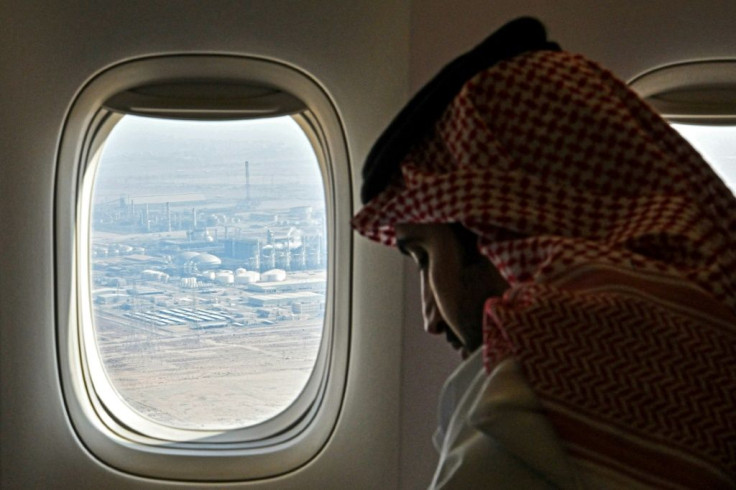Saudi To Boost Oil Output Capacity By 1 Mn Barrels Per Day: Aramco

Energy giant Saudi Aramco said Wednesday it plans to raise its crude production capacity by one million barrels per day to 13 million bpd as a price war with Russia intensifies.
The decision came a day after Saudi Arabia, the world's top exporter, decided to hike production by at least 2.5 million bpd to a record 12.3 million from April, and prompted sharp new falls in world prices.
"Saudi Aramco announces that it received a directive from the ministry of energy to increase its maximum sustainable capacity from 12 million bpd to 13 million bpd," the company said in a statement to the Saudi Stock Exchange.
CEO Amin al-Naser said Aramco would dedicate all of its resources to achieving the increased capacity quickly.
Boosting production capacity normally takes a long time and requires billions of dollars of investment.
Several years ago, the kingdom shelved plans to boost its crude production capacity beyond 12 million bpd after demand for OPEC oil declined in the face of stiff competition from North American shale oil and other sources.
The Saudi moves come after the collapse of an oil production reduction agreement between OPEC and non-OPEC producers, including Russia.
The deal proposed by Saudi Arabia called for additional output cuts of 1.5 million bpd to cope with the severe economic impact of the coronavirus which has sharply reduced world demand for crude.
Oil prices fell heavily on Wednesday on news of the Saudi decision to raise output capacity, reversing gains made earlier in the day.
US benchmark West Texas Intermediate fell 1.7 percent to about $33 a barrel while Brent crude was off 1.7 percent at $36 a barrel. Both contracts had been up as much as four percent earlier in the day.
Crude markets have been in turmoil since the start of the week after Riyadh slashed prices in a row with Moscow over output cuts, leading to the biggest one-day drop for almost 30 years.
Oxford Economics projected on Tuesday that the price of Brent crude will "fall to and remain at $30 a barrel for the foreseeable future."
As in 2015, Gulf producers will probably implement significant cuts to fiscal spending to contain their budget deficits as revenues plummet.
"This could trigger recession in a number of Gulf Cooperation Council economies that are already battling the headwinds of slower global growth and the spread of coronavirus," the Britain-based group said.
Capital Economics said in a comment that with oil prices at their current levels, the Saudi budget deficit is projected to grow to 15 percent of gross domestic product from six percent now.
Russia said Tuesday it was open to renewing cooperation with the OPEC cartel even after its rejection of proposed new output cuts led to the collapse of their alliance.
© Copyright AFP 2024. All rights reserved.





















